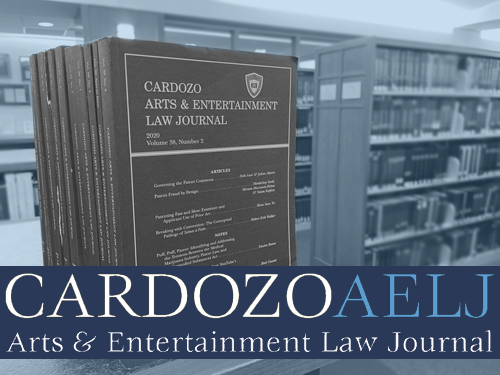Document Type
Article
Publication Date
2-10-2017
Graduation Year
2018
Abstract
The right of publicity provides protection to an individual and prevents another individual or corporation from exploiting their identity or likeness for commercial gain without first securing permission. However, this protection is seemingly non-existent for college athletes and the NCAA does little to help. It has been well established that college athletes cannot be compensated or paid for any use of their name, image, or likeness. In fact, most university programs require athletes to sign waivers forfeiting any claims to their individual publicity rights while the universities themselves earn billions of dollars a year in television rights and merchandise sales. The NCAA has responded to criticism and contends that college athletes are effectively trading their rights of publicity in exchange for their scholarship to play for their respective universities. In the case of O’Bannon v. NCAA, a former UCLA basketball player filed a class action lawsuit alleging that the NCAA had violated United States antitrust laws and student-athletes’ personal rights of publicity. Ultimately, the Court held that the NCAA did violate federal antitrust law but claimed that universities only need to provide collegiate athletes with compensation equal to the cost of attendance. In October 2016, the Supreme Court of the United States denied a writ of Certiorari to review the case; thus affirming the decision of the Ninth Circuit.
This post was originally published on the Cardozo Arts & Entertainment Law Journal website on February 10, 2017. The original post can be accessed via the Archived Link button above.
Recommended Citation
Cregan III, John, "Pay for Play: The Issue of Publicity Rights in the NCAA" (2017). AELJ Blog. 142.
https://larc.cardozo.yu.edu/aelj-blog/142


